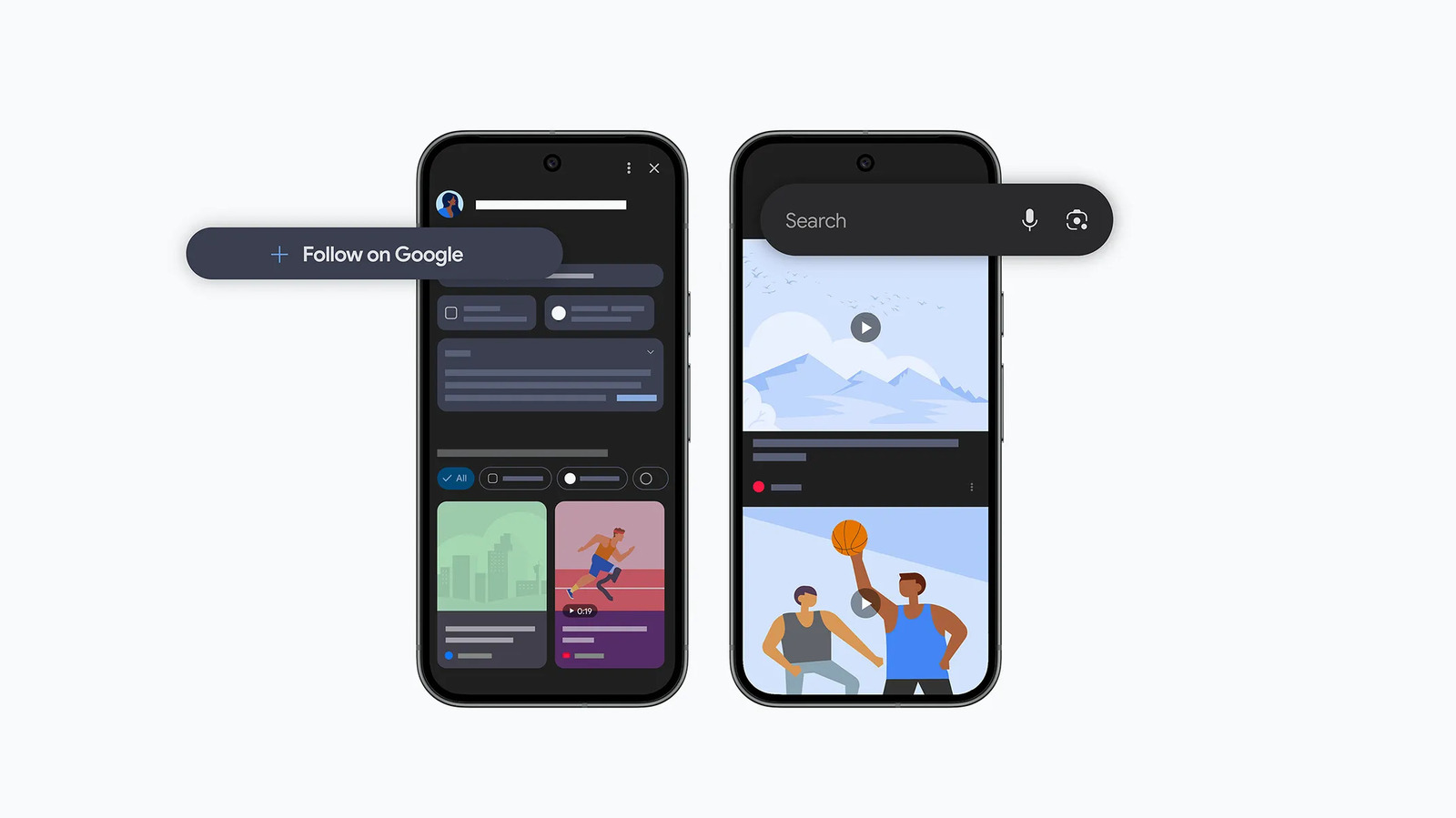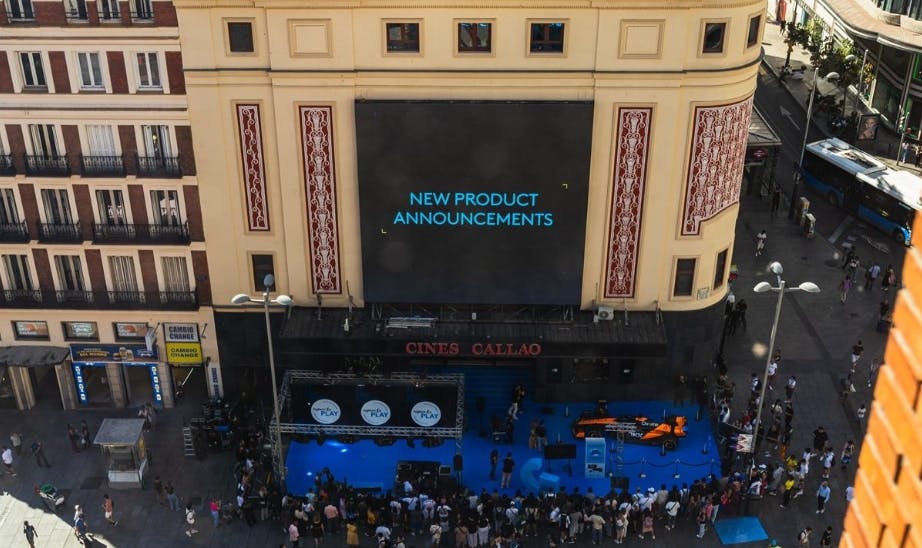Bank fees in South Africa are a sore spot for millions of customers. While users do not expect banking to be free, most simply want clear, understandable charges that are tied to specific actions—not a maze of confusing, unexplained fees.
Hilda Ndebele, a digital nomad, sounded frustrated on the phone, as she looked through her bank statement. “On a monthly basis, I spend over R300 for bank charges, even with a lot of digital banking I find the charges still very high,” she says.
Every month, like Ndebele, millions of South Africans receive statements that contain banking charges that appear random, repetitive, and poorly explained. Bank fees have been a contentious issue in South Africa for a long time. Customers have complained that charges for everyday services—like buying electricity, debit orders, and ATM withdrawals—are harder to understand.
“My bank statements are confusing. I get the electronic banking fee, and I assume the service fee is for account maintenance. But then there is a ‘transaction service fee’ that comes after the service fee, and I do not understand what that covers. There is also something called ‘other charges,’ which are usually the highest—around R200 or more each month. Why can’t these fees be explained clearly?” Ndebele asks.
Miriam Ngwenya, a general worker who banks with Standard Bank, sharing the same sentiments as Ndebele noted that; “I wish these fees are explained well, so that I can reduce them as much as possible. In this economy, every cent counts.”
To find out more about what customers say about their bank fees in South Africa, I ran a snap survey of 50 users across the country’s nine major banks.
Most respondents use personal accounts, primarily those offering cheque or current account services.
48% of respondents said they sometimes review their monthly charges but do not really understand them. Another 30% said they regularly review their statements and understand most of the fees, while 21% admitted they do not review their statements at all.
Across major South African banks, fees are technically disclosed. But they are often buried deep within websites, hidden in downloadable PDFs, or obscured by vague language in monthly statements. Customers must actively hunt for fee schedules—and many do not even know where to begin.
“If remittance apps can show me exactly what I will be charged to send money abroad in real time,” says Katlego Modise, a freelance communications specialist, “why can’t my bank do the same for local transactions?”
Users feel that charges are not contextual, not real-time, and not always tied to a specific action. And even when they are explained, they are described in banking jargon that is difficult for non-experts to parse.
“I deal with people and businesses who do cross-border transactions via banks,” says Mordi Goldstein, the founder of Zaro, a cross border payments platform, “it is rare to find anyone who knows how much the bank is charging. Banks do not make it clear and customers do not understand how these transactions work.”
Among survey participants, confusion clustered around the same areas of fees like deposit charges, ATM withdrawals, or debit order failures that often hide behind vague descriptions like service fee, admin charge, or “Magtape unpaid” (unpaid debit order), leaving users guessing at what exactly they are paying for. Other issues include several small charges that add up to significant amounts without customers noticing.
Several respondents described these charges as a “necessary evil” or a “grudge purchase.” They know they are being charged, but assume there is no alternative and little use in questioning it.
Timothy Treagus, the founder of a cost-analysis startup, Yazi, referencing a similar issue of bank fees, noted that “It’s easy to get fixated on the monthly account fee, but that figure rarely tells the full story of what retail banking in South Africa actually costs. The real monthly cost is shaped by a maze of transaction fees which can be surprisingly difficult to track down and understand.”
Standard Bank, one of the most popular banks among the respondents, acknowledged that its customers do query their fees, but says complaints are rare.
“If Standard Bank tracks the number of complaints regarding bank fees as a percentage of the 8 million transactional personal accounts our customers have in South Africa, we note less than 0.02% of customers actually logging a complaint about the fees that appear on their statements in a year,” the bank spokesperson says.
Standard Bank noted that interest charges on lending accounts are often misunderstood, with customers frequently asking which balances are used for interest calculations and when interest is applied. Another common concern involves debit orders—specifically, why they sometimes process earlier than expected, potentially causing payments to bounce. Standard Bank noted that since the timing of debit orders is managed by the service provider, the bank has no control over it except to engage its customers on money management.
In response to a parliamentary question in May, Finance Minister Enoch Godongwana said that the Financial Sector Conduct Authority (FSCA) had launched a review into the fee structures of South Africa’s major banks. The goal of the review is to determine whether current practices are fair, and whether policy intervention is necessary.
Godongwana noted that since 2021, the FSCA has had the power to enforce a “Conduct Standard” that mandates transparency, fairness, and clarity in how banks communicate with customers. But the regulation stops short of defining what counts as an “unfair” or “very high” fee—leaving banks to self-justify their pricing structures.
“Banks must be able to demonstrate that the basis for their fees and charges are reasonable and that these fees do not result in unfair outcomes to financial customers,” Godongwana said.
Most consumers simply are not incentivised (or enabled) to get a grip on these costs. The problem is compounded by the way banks display transaction fees: they show up as single-line items, scattered throughout your statement, with no automatic summary or monthly tally.
From the user responses, fee comparisons are extremely difficult to make. A typical user would have to compare multiple fee guides—each using different terminology and pricing models—to evaluate which provider actually offers better value. Unless users painstakingly add up the charges themselves, they never really see the full picture of their banking spend.
“Frankly, banks could and should do better here. It should be standard for banking apps to show actual total costs, broken down by type, and even offer guidance on how to optimise usage to save on fees,” said Treagus.
Mark your calendars! Moonshot by is back in Lagos on October 15–16! Join Africa’s top founders, creatives & tech leaders for 2 days of keynotes, mixers & future-forward ideas. Early bird tickets now 20% off—don’t snooze! moonshot..com










